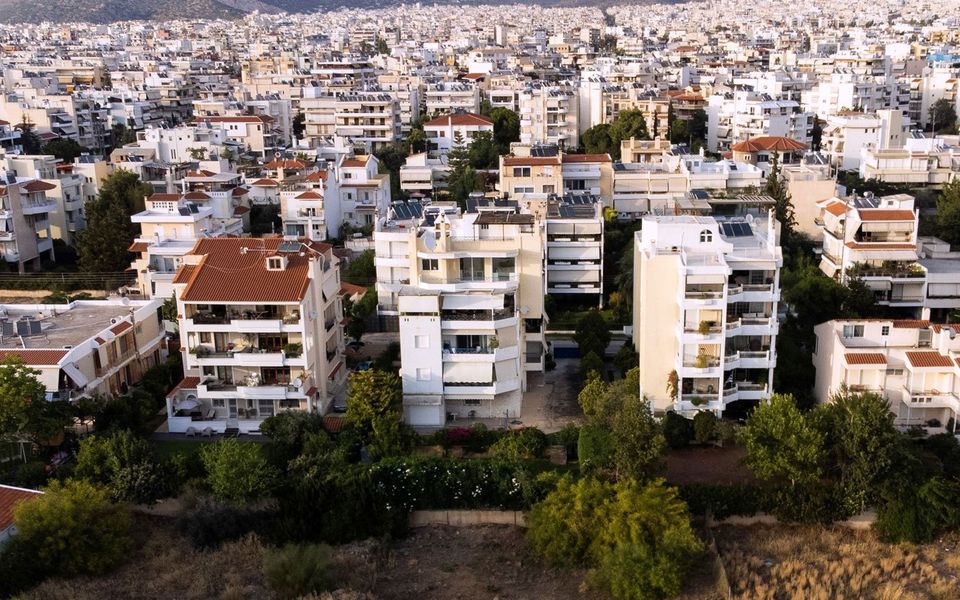Large plots of land available and suitable for the construction of large-scale housing complexes are too scarce to help address the significant supply deficit, especially in the Attica basin.
Free plots of land exceeding 1,000 square meters are mostly to be found in the northern and eastern suburbs, as, according to a Prosperty survey, these constitute approximately a third of the land sold in these areas.
In contrast, in the southern suburbs, in Piraeus and in the center of Athens, plots of land for sale exceeding 1,000 sq.m. are far scarcer.
In the largest port of the country, there are only 145 plots of land exceeding 1,000 sq.m., or 10% of the total, while in the city center their number is also very small (158), constituting only 6% of the total plots available for sale. It is therefore obvious that significant interventions will be required to at least release unused and abandoned office buildings or former factories that have the required size and could be converted into residential complexes.
At the moment such projects are few, either due to bureaucratic and urban planning obstacles or to the investment insecurity that has been created in the market after the abolition of the building bonuses by the Council of State.
“Today, in reality, legislation is another problem,” says Panagiotis Nerantzis, director of planning and development at Arbitrage Real Estate. According to what he said at the recent Prodexpo 2025 real estate conference, “the successive interventions in the urban planning regulation after 2011 created confusion and the need for continuous corrections, culminating in the new construction code, which is practically becoming a questionable law. This is evidenced by the plunge in the issuance of new permits,” said Nerantzis, warning that “we cannot afford to leave large buildings off the market. We need a legislative framework that gives the market tools.”
He also noted that “it is important to make a brave effort to simplify the building regulation.”

